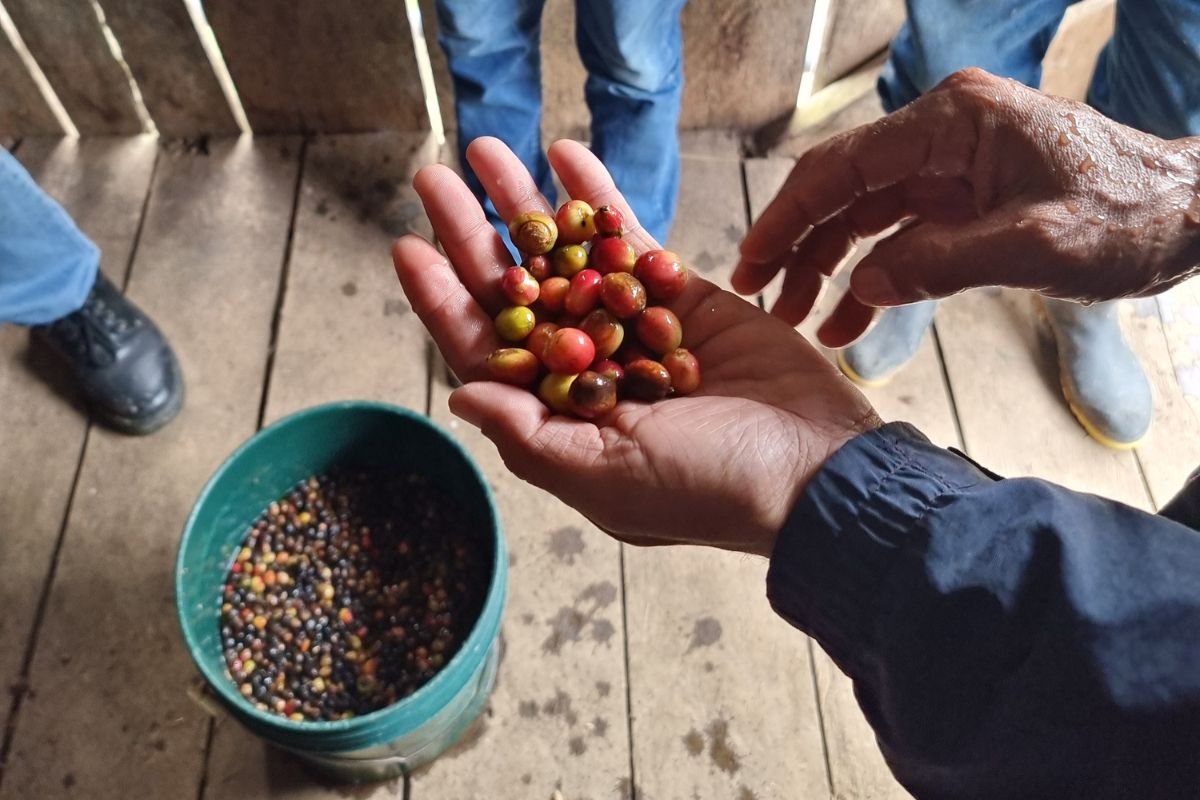Abundance Starts with Relationships

Spend some time with Partners Worldwide and you’ll probably encounter this statement: “We aspire to end poverty so that all may have life and have it abundantly.”
That’s easy to say, but what exactly do we mean by it? What are we talking about when we talk about “abundant life”?
One way to explain what we mean is through the Biblical vision of shalom.
As theologian Cornelius Plantinga writes, “In the Bible, shalom means universal flourishing, wholeness, and delight-a rich state of affairs in which natural needs are satisfied and natural gifts fruitfully employed.” Or, in the words of author Bryant L. Myers, shalom is “rightly ordered, healthy relationships between humankind and God, between humans, between humans and the created order, and between human beings and their sense of self.”
Simply put, shalom is a vision of “the way things ought to be.”
Amen! Who wouldn’t want that? We all desire the abundant life promised in shalom. But how do we get there?
It starts with relationships.
We see this in scripture time and time again. Matthew 22: 37-38 tells us, “Love the Lord your God with all your heart and with all your soul and with all your mind. This is the first and greatest commandment. And the second is like it: Love your neighbor as yourself.”
Scripture makes it clear: a full and abundant life comes only through a relationship with Christ and others.
We’ve heard this message affirmed from our network as well. “What’s the greatest benefit of being part of Partners Worldwide?” That’s the question we asked our network. From the 5,000 data points we received, the overwhelming response was “relationships.”
So let me say it again: abundance starts with relationships.
Our Partnership Managers get to work shoulder to shoulder with you-our partners-every day. I love seeing the powerful glimpses into abundant life they share from all around the world. They believe in the power of partnership, even though they know they’re the hardest thing in the world. Relationships are messy. Sometimes there’s conflict. Building trust requires being vulnerable, letting go of some control to form something deeper. Yet they encourage us to trust the partner, trust the partnership, and trust the process that unfolds from these relationships.
As I think about them, and about you, I’m reminded that God created us to be in relationships, and so if we want to create lasting change, we need to commit ourselves to putting others first. This work is not about you or me; it’s about glorifying the King by being “one” in our bold pursuit of shalom, abundance, and the end of poverty.
We’re going to double our impact by 2025. We’re going to celebrate one million redemptive businesses by the end of 2030. And we’re going to do this through partnership.
We trust you. We’re with you. Thank you for letting us be your partner.
